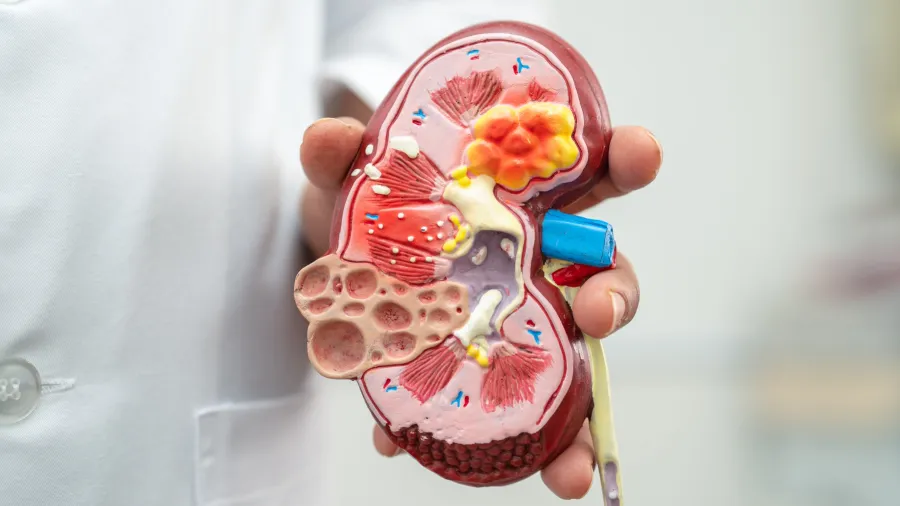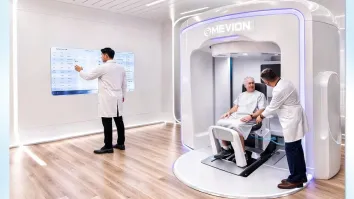
Kidney stone therapeutics market faces challenges amidst urologist shortage
The number of urologists globally is expected to decline by nearly 30% by 2025.
The global kidney stone therapeutics market is encountering notable challenges due to a shortage of highly skilled urologists, a trend particularly evident in countries such as India and China, said Technavio.
The report revealed that the number of urologists worldwide is expected to decline by nearly 30% by 2025, raising concerns about a shortage of specialists for complex urological surgeries.
“This shortage increases the complications and risks associated with surgical procedures, such as those for kidney stone removal and prostatectomy,” it said.
Meanwhile, high treatment costs, the potential side effects of procedures, and the use of diagnostic tools like CT scans and X-rays further add to the complexities of care.
“The complex nature of urology surgical procedures, including diagnosis, planning, and imaging interpretation, requires specialised training,” the report added.
Another contributing factor to the challenges facing the market is the rise in fast food consumption and changing dietary habits. Unhealthy eating patterns, combined with certain cooking methods, have been linked to the formation of kidney stones.
In response, the sector is turning to innovative digital health solutions and advanced medical devices from major market players, focusing on the development of treatments like shock wave lithotripsy, ureteroscopy, and percutaneous renal lithotomy.



















 Advertise
Advertise






